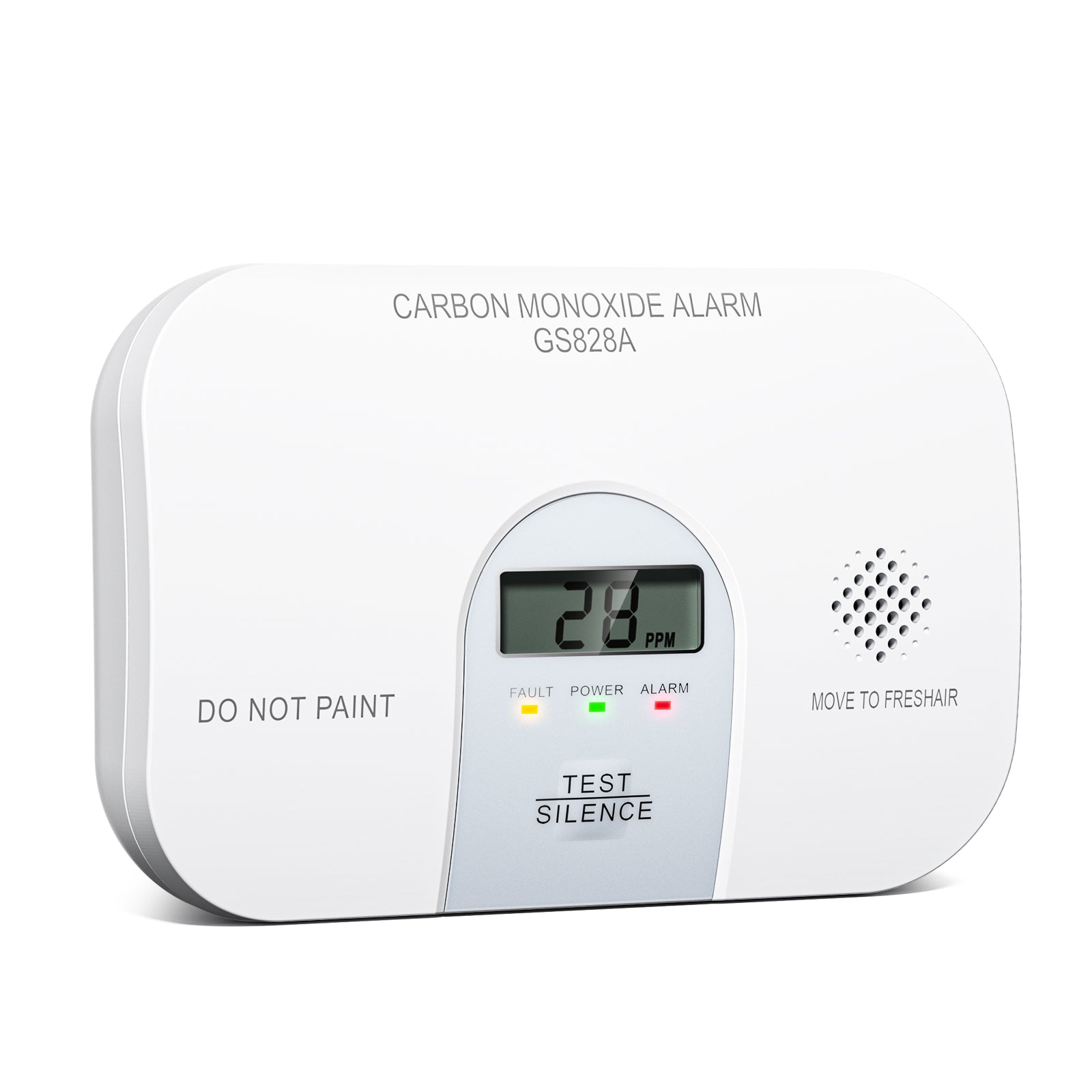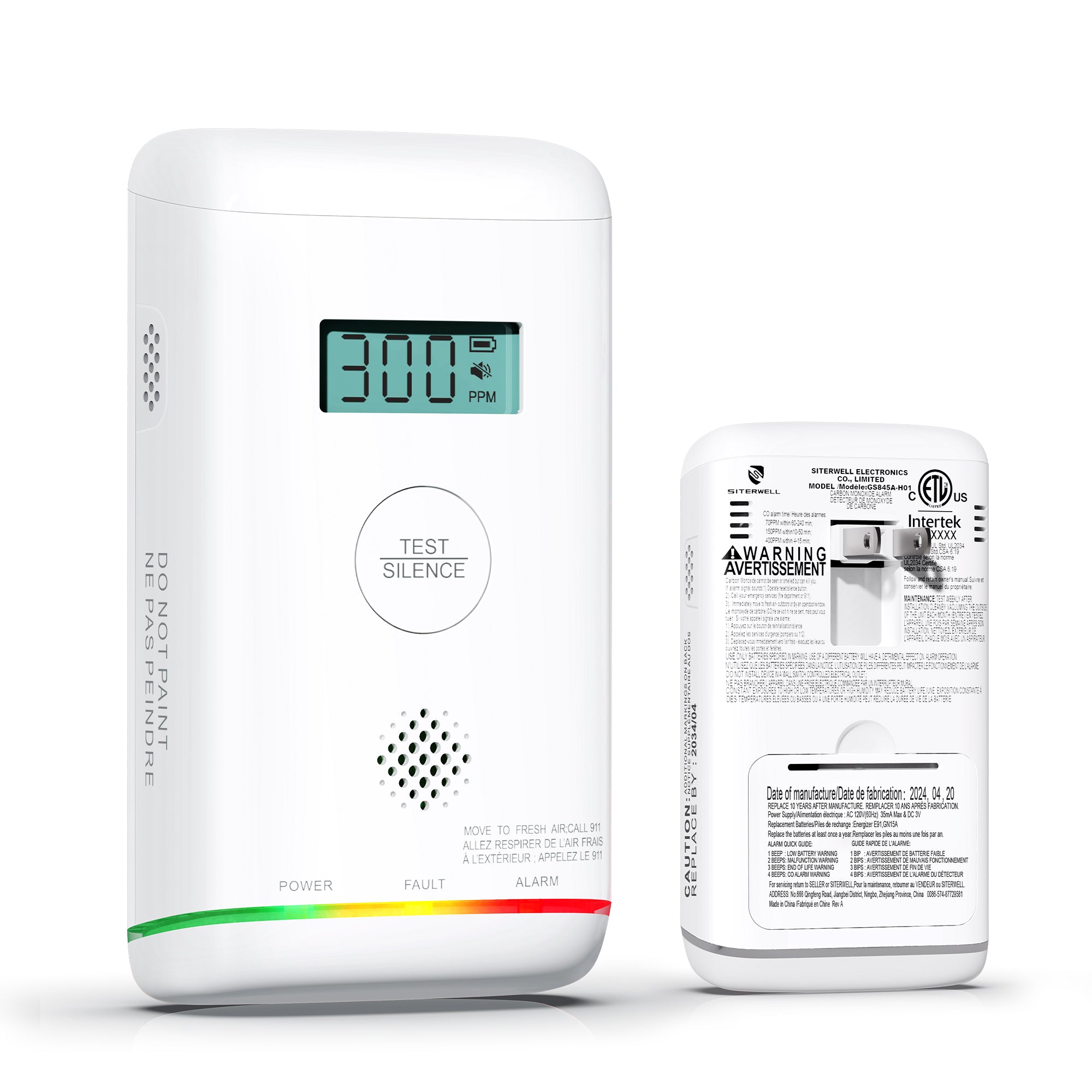
Choosing the right smoke detector is crucial when protecting your home from fire. But with so many options available, how do you know which one to pick? In this guide, we'll break down the differences between photoelectric and ionization smoke detectors to help you make an informed decision.
Table of Contents
1. Understanding The Type of Smoke Detectors
Photoelectric Smoke Detectors: The Preferred Choice
- How They Work: Photoelectric smoke detectors are designed to detect slow, smoldering fires that produce a lot of smoke but little flame. These types of fires are common in homes and businesses, often caused by sources such as cigarettes, electrical faults, or overheated appliances. Photoelectric detectors use a light source and a sensor to detect smoke particles. When smoke enters the chamber, it scatters the light, triggering the alarm.
- Best For: Living rooms, bedrooms, and areas with upholstered furniture where smoldering fires are more likely to occur.
Ionization Smoke Detectors: A Complementary Option
- How They Work: Ionization smoke detectors are better suited for detecting fast-flaming fires that produce little smoke but intense heat. They use a small amount of radioactive material to ionize the air in the detection chamber. When smoke enters the chamber, it disrupts the ionization process, triggering the alarm. While ionization detectors are effective for certain types of fires, they are more prone to false alarms from cooking or steam.
- Best For: Kitchens, hallways, and areas with flammable materials where a fast-flaming fire could start.
2. Photoelectric vs. Ionization: A Side-by-Side Comparison
| Feature | Photoelectric | Ionization |
|---|---|---|
| Detection Method | Light scattering by smoke | Disruption of ionized air current by smoke |
| Best At Detecting | Smoldering fires | Fast-flaming fires |
| Response Time | Slower for fast-flaming fires | Slower for smoldering fires |
| False Alarms | Fewer in kitchens (less prone to cooking smoke) | More prone to false alarms from cooking smoke |
| Recommended Areas | Living rooms, bedrooms, near kitchens | Kitchens, hallways, near garages |
3. Advantages of Photoelectric Smoke Detectors
- Enhanced Sensitivity to Smoldering Fires: Photoelectric detectors are more effective at detecting the early stages of a fire, when it is smoldering and producing smoke. This early detection can provide precious extra minutes to evacuate your home safely.
- Reduced False Alarms: Unlike ionization detectors, photoelectric alarms are less prone to false alarms caused by cooking fumes or steam from showers. This makes them a more reliable choice for areas like kitchens and bathrooms where false alarms can be a nuisance.
- Compliance with Modern Safety Standards: Many fire safety experts and organizations, including the IAFF, recommend photoelectric smoke detectors for residential use due to their reliability in detecting a broader range of fire types.
- Proven Performance in Real-World Scenarios: Studies have shown that photoelectric alarms provide faster warnings in many real-world fire situations, particularly those that involve slow, smoldering fires. This advantage can be critical in providing the earliest possible warning to residents.
4. Explore to Advanced Smoke Detectors
For those looking to enhance their home’s fire safety, the GS528A Photoelectric Smoke Detector is an excellent choice. This photoelectric smoke detector offers several key features that make it a standout product:
$18.99
5. Conclusion
Choosing the right smoke detector is a critical decision for your home's safety. By understanding the differences between photoelectric and ionization smoke detectors, you can choose the one that best suits your needs. For those looking for protection against smoldering fires, it offers reliable and effective coverage.
Ready to protect your home? Explore our range of smoke alarms and find the perfect fit for your safety needs.







